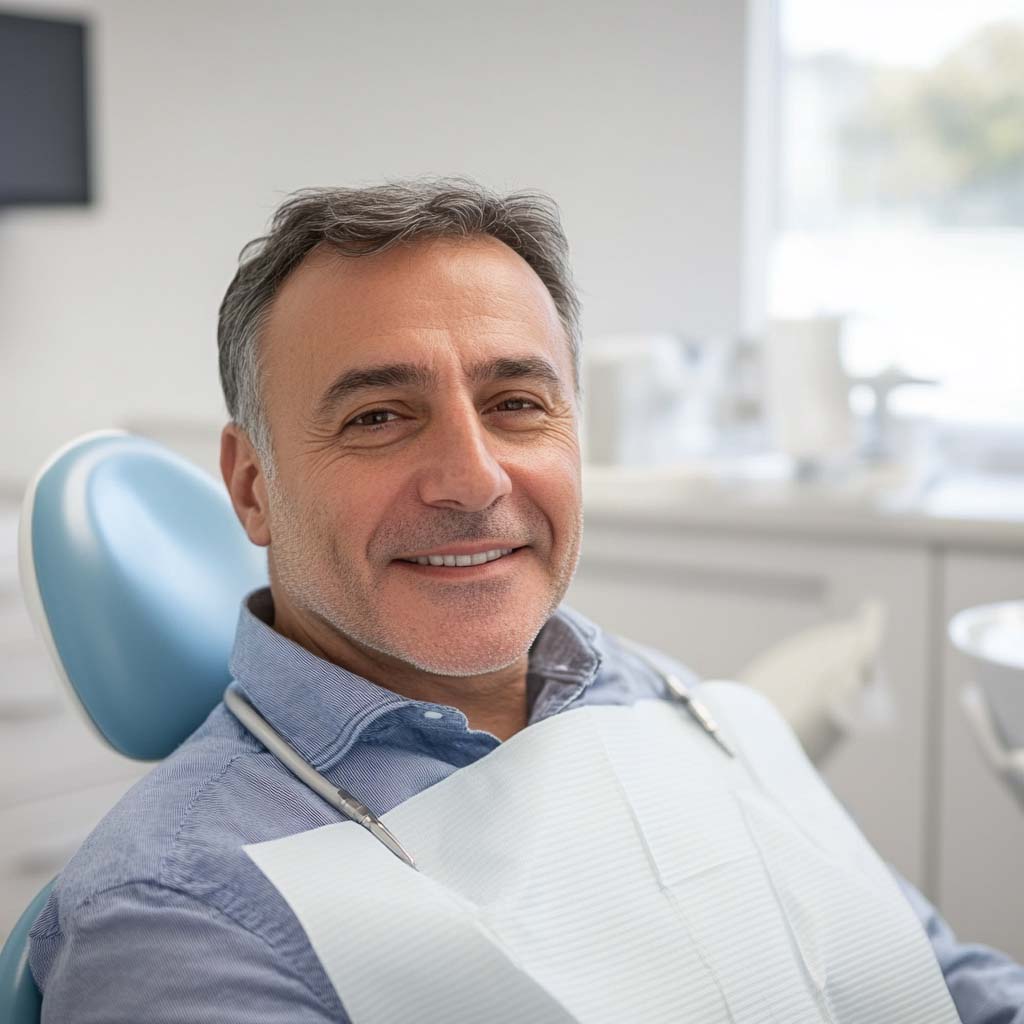Extensive Treatment Plans and Sleep Dentistry
We specialize in combining comprehensive treatment plans with sleep dentistry, allowing you to achieve optimal oral health while experiencing maximum comfort and minimal anxiety.
At The Dental Anesthesia Center, we understand that some dental cases require more than routine care. Whether addressing complex dental issues, managing multiple procedures in a single visit, or creating a customized plan for individuals with unique needs, our team specializes in comprehensive treatment plans combined with the comfort of sleep dentistry. Our goal is to help you achieve optimal oral health in a stress-free and relaxed environment.

Why Choose an Extensive Treatment Plan?
Extensive dental issues often arise due to years of neglect, dental trauma, or specific medical conditions. Treating these cases requires a tailored approach that prioritizes your oral health while aligning with your comfort and overall well-being. Some common reasons for extensive treatment plans include:
- Severe Tooth Decay or Damage: Multiple cavities, cracked teeth, or worn-down enamel often require comprehensive restorative work.
- Advanced Gum Disease: Periodontal treatment may involve deep cleanings, surgeries, and restorative care to preserve your teeth and gums.
- Full-Mouth Rehabilitation: For individuals with significant dental concerns, including missing teeth, misalignment, or bite issues.
- Cosmetic and Functional Needs: Correcting aesthetic concerns while restoring proper dental function.
At The Dental Anesthesia Center, we take the time to assess your unique needs through a comprehensive evaluation. From there, we create a step-by-step plan to address all aspects of your treatment.
The Benefits of Sleep Dentistry
Sleep dentistry, also known as dental sedation, revolutionizes the way patients experience extensive dental work.
Our board-certified anesthesiologists provide several levels of sedation:
With sleep dentistry, you can:
- Complete extensive treatment in fewer visits
- Experience no pain or anxiety during procedures
- Have little to no memory of the dental work
- Receive complex treatments more efficiently
- Overcome dental phobia and anxiety
Our Approach
Your journey begins with a thorough consultation where we:
- Evaluate your oral health needs
- Discuss your anxiety levels and concerns
- Review your medical history
- Create a customized treatment and sedation plan
- Explain all procedures and answer your questions
Our experienced team continuously monitors you throughout your treatment, ensuring your safety and comfort. We utilize state-of-the-art monitoring equipment and adhere to rigorous safety protocols that exceed industry standards.

Who Benefits from Our Services?
Sleep dentistry and extensive treatment plans are ideal for patients who:
- Need multiple dental procedures
- Experience dental anxiety or phobia
- Have a strong gag reflex
- Find it challenging to sit still for long periods
- Want to complete their dental work efficiently
- Have special needs that make traditional dental visits challenging
Every team member maintains current certifications in emergency medicine and advanced life support.
Taking the First Step
Don’t let dental anxiety prevent you from achieving optimal oral health. Contact the Dental Anesthesia Center today to schedule your consultation. Our caring team will guide you through every step of your journey to a healthier, more beautiful smile.
We accept most major insurance plans and offer flexible financing options to make your treatment as accessible as possible. Your comfort, safety, and satisfaction are our highest priorities.
